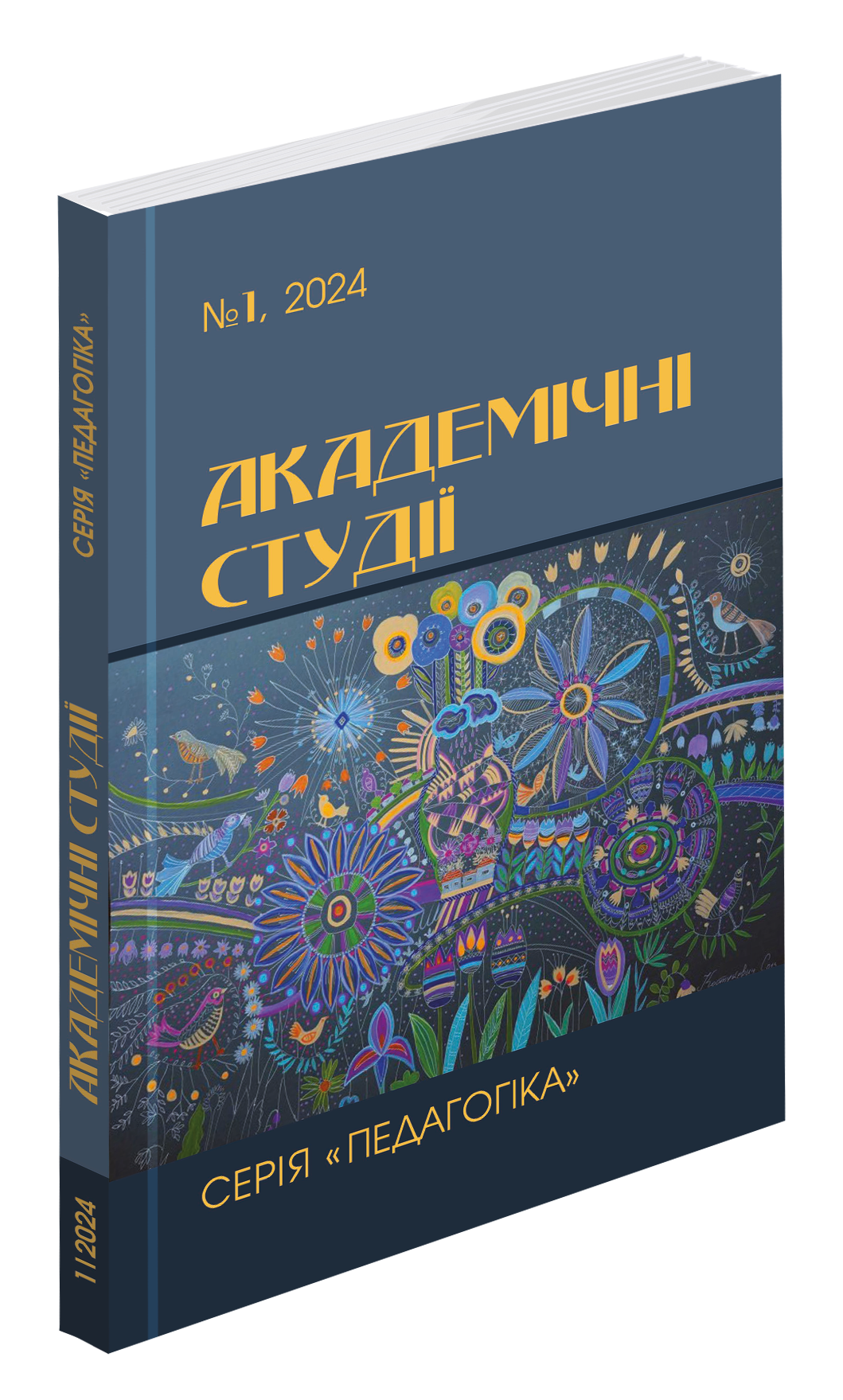Abstract
The modern development of the educational process, marked by the rapid integration of innovative technologies and blended learning forms, presents an essential challenge to the higher legal education system: the preparation of future teachers capable of working effectively in a blended learning environment. Blended learning, combining the advantages of traditional classroom teaching with the possibilities of distance education, becomes crucial for adapting the educational process to the individual characteristics and needs of students, meeting the modern requirements for flexibility and accessibility of learning. This article conducts a thorough analysis of the key organizational and pedagogical conditions necessary for the successful implementation of blended learning in legal education, emphasizing the importance of integrating the latest educational technologies and methodologies. Significant attention is paid to the need to transform the role of the teacher, which requires a shift from the traditional model of knowledge delivery to active mentorship, management of educational activities, and organization of interactive, individualized learning. The aspects of technological support, development of professional competencies of teachers, individualization of the learning process, and the involvement of external experts to expand and deepen the educational content are discussed as crucial for enhancing the effectiveness of the educational process. The authors propose a comprehensively justified approach to implementing blended learning, considering the challenges and specifics of legal education, aiming to prepare a new generation of legal specialists capable of adapting and acting effectively in a complex and changing legal environment. The conclusions underline the critical importance of comprehensively considering the requirements of the modern educational environment, providing technological support, continuous professional development of teachers, and involving students in active participation in the learning process. These measures collectively contribute to the successful implementation of blended learning and the readiness of graduates for highly effective work in the contemporary legal environment, ensuring the quality and relevance of legal education at a new stage of its development.
References
Baltynova, A., Kamariyash, K., Muzdbaeva, T., Bolat, Y., Beleukhanova, K., Zharikova, D., & Mollakuqe, E. (2023). Педагогічні умови для підготовки майбутніх вчителів на основі цифрових освітніх технологій [Pedagogical Conditions for the Training of Future Teachers Based on Digital Educational Technologies]. International Journal of Emerging Technologies in Learning, 18(18), 121–137. https://doi.org/10.3991/ijet.v18i18.43209
Курок В., Курок Р., Бурчак Л., Бурчак С., & Хоруженко Т. (2023). Педагогічні умови розвитку творчого потенціалу студентів у навчальному процесі [Pedagogical Conditions for Developing the Creative Potential of Students in the Learning Process]. Актуальні питання інноваційної освіти, 12(69), 183–192. https://doi.org/10.34069/AI/2023.69.09.16

